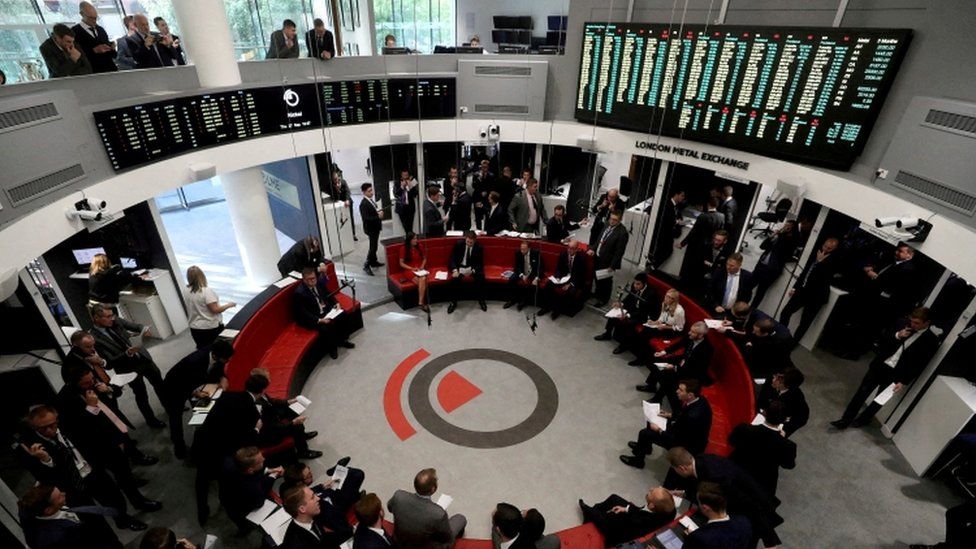
The London Metal Exchange (LME) has been sued for $456m (£365m) by fund manager Elliott Associates following the suspension and cancellation of nickel trades earlier this year.
The claim was filed in the English High Court against the trading platform and its subsidiary LME Clear.
It alleges that LME’s decision to cancel trades on 8 March because of a surge in nickel prices was “unlawful”.
The metal is used in rechargeable batteries and stainless steel.
However, sourcing nickel has become more difficult, partly because of the war in Ukraine, as Russia is one of the world’s biggest producers of the metal.
On Monday, the Hong Kong Exchanges and Clearing (HKEX), which owns LME and LME Clear, said in a statement that nickel prices had “increased dramatically over a short period” in the early hours of 8 March, UK time.
It said LME cancelled all nickel trades executed after midnight, and suspended the trading of nickel from 8.15am.
Elliott Associates has said the cancellations were “unlawful on public law grounds” and “constituted a violation” of its rights, according to the statement.
- The perfect storm increasing the price of nickel
- Ukraine war to cause ‘worst price shock in 50 years’
In response, HKEX said “The LME management is of the view that the claim is without merit and the LME will contest it vigorously.”
It added that LME decided to suspend trading because the nickel market had become “disorderly” and it had “always acted in the interests of the market as a whole”.
Nickel trading did not resume on LME for more than week after it was halted.
Since then LME has come under scrutiny from European authorities and industry players, who have called for more regulation of the commodities market.
Nickel has become increasingly sought after as it is key to the production of lithium ion batteries, which power everything from smartphones to industrial robots.
The rechargeable batteries rely on a mix of nickel, manganese and cobalt.
As Russia, which is a major source of nickel, is targeted with Western sanctions in response to its invasion of Ukraine, its price has risen this year on global markets.